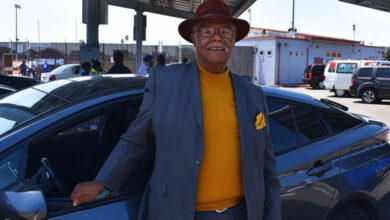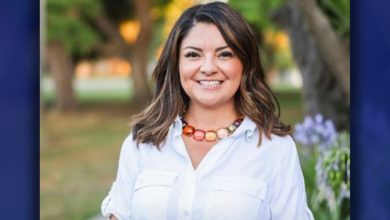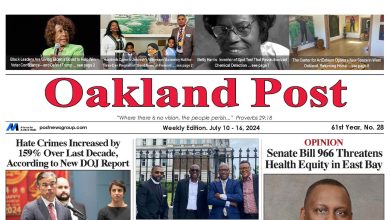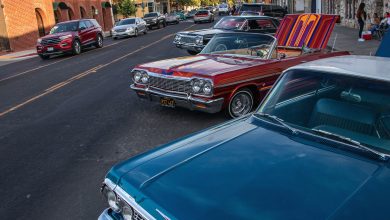Obituary: Former California Education Superintendent Delaine Eastin Passes at 76
By Barbara Fluhrer
James J. Brosnahan, ESQ, an international trial lawyer and trial advocacy teacher, has remained unshaken in his fervent belief in the power of the law to right injustices.
Brosnahan has fought to open the legal profession to those previously excluded and worked to provide lawyers to the millions who go without. He has argued for the administrators of justice to represent the whole community. He’s tried 150 cases to conclusion and is ranked among the top 30 trial lawyers in the U.S. (Legal 500 US). He’s been called “scrappy,” “a lion in the courtroom,” and “ultra- liberal.”
One of his earliest cases (1962) involved two Navajo children shot by a White man on a reservation in Arizona. “The legal system needed to work as well for Native Americans as for White people,” he said. “The defendant was found guilty of second-degree murder.”
In 1963, U.S. Attorney Cecil Poole hired him as U.S. Attorney from a list of 200 applicants.
He and Poole, as federal observers, led the Vietnam protesters as they marched. The purpose: to avoid violence.
“Poole taught me preventative law in a chaotic situation and became one of my strongest mentors,” remembers Brosnahan.
In 1964, Brosnahan served on the NAACP’s Housing Committee in S.F., when 70% of the city’s housing was not available to Blacks. They sued racial discriminators, fought for reform and opposed the displacement of minorities in the Western Addition. They won and they lost, but they became the racial conscience of San Francisco in the fight for fair housing.
In 1969, two Black community workers in Oakland were indicted for stealing federal money.
“My two clients were activists in Oakland. I believed there was an element of racism running through Washington’s decision to indict two Black men who worked every day to help the poor,” he said.
The case was eventually dismissed. In the early 70s, he responded to a subpoena and testified against Judge Rehnquists’ confirmation hearing for the Supreme Court. He had witnessed Rehnquist obstructing voting at a polling place. Amid threats on his life, he was the chief defense lawyer for the American who joined the Taliban in 2002.
Brosnahan, his wife Carol and three children moved from S.F. to Berkeley in 1964, in part, to participate in the Berkeley school integration program. She is a retired Alameda County Superior Court judge.
Brosnahan, 90, checks in to his San Francisco firm, Morrison & Foerster often. He paints, reads, walks a mile a day, journals, and lectures, while writing another book: “Cultural History of Trials over the Centuries.”
His last book “Justice at Trial,” published in 2023, details his life and battles.
He reflects, “Over my career I have come to realize that one secret for enriching your own life is trying to help others. What better way to do that than to represent them in court.”



